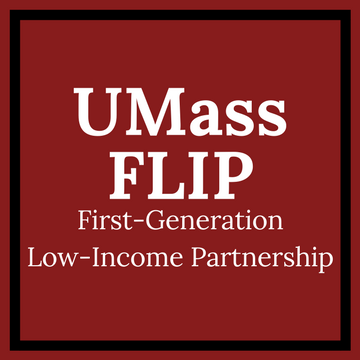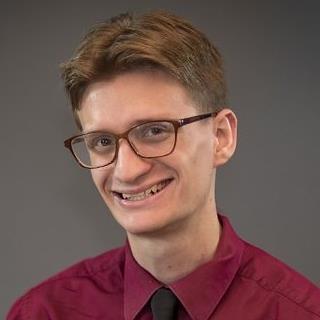Opinion: In The Face Of Injustice, Story Telling Can Transform The World

Photo: Facebook
Editor’s note: This story appeared previously in the Massachusetts Daily Collegian https://dailycollegian.com/2021/05/our-fight-goes-on/

The decision to share my impoverished history in writing and advocacy slowly inspired others to do the same, though in doing so I began to live my life with a hyper-public focus on my trauma. Consequently, when I experienced microaggressions and classism, I felt often obligated to respond and fight back — driven by survivors’ guilt to protect the few low-income students who might be listening and de-normalize that rhetoric. With my past under a microscope at every turn, I found it difficult to see myself as more than the “previously homeless” advocate. In order to resolve this, I sought to de-center my own story and create spaces for poor students to thrive.
In the latter half of my college experience, I pushed for two main objectives: the development of both a center for first generation and low-income (FGLI) students and a registered student organization (RSO) for the community. Our efforts to build a centralized FGLI center were met with disagreement because members of the campus administration claimed that while the resources were decentralized, they already existed. In my view, the scattered nature of these resources disincentivizes their usage, particularly for communities who face systemic barriers and navigate multiple jobs, school and compounding insecurity. Fortunately, after years of our RSO application being rejected by the SGA, my peers and I were successful in founding the UMass First-Generation Low-Income Student Partnership (FLIP) during my senior year. We built this organization to be a community and advocacy hub for FGLI students, fulfilling one of the long-term goals of my college experience.
When COVID-19 shut down UMass, I struggled to process the loss of my senior year and graduation. While I knew I would be pursuing a master’s of public policy the following year, I had always dreamed of celebrating commencement with my friends and family to culminate years of struggle and victory. I could not have been prouder to survive against the odds and graduate from UMass, though I was no stranger to abrupt loss. While the world fell apart, I could not help but feel as if I had already experienced similar pain. I had already learned to live in this world.
At the same time, I began to receive national attention around my advocacy and story in homelessness. Featured in BBC World News and published in the Boston Globe, I continued to press for a transformation in housing and education policy. When I was elected to the Board of Trustees as a master’s student, I challenged the Board on tuition hikes, furloughs and student evictions while continuing to emphasize the need for centralized FGLI resources. In this professional and affluent leadership space, I was increasingly aware of my class background. Furthermore, as a voting member, I was often one of the only people to speak up in the face of injustice. Driven by the experiences, struggles and testimony of marginalized students, I fought to recognize and share the stories of those often left behind.
At the University of Massachusetts, I found so much more than four walls and a roof. This university helped me to find my voice and gave me my first real community — a place I can finally call home. As I prepare to leave, I remain proud of my advocacy and hopeful for the future of a UMass that supports first-generation, impoverished and otherwise marginalized students. In the face of injustice, storytelling can transform our world.
“As survivors, pioneers and changemakers, our fight goes on.”
Timothy Scalona is the UMass Student Trustee and a soon to be graduate of the master’s program in the UMass Amherst School of Public Policy.
